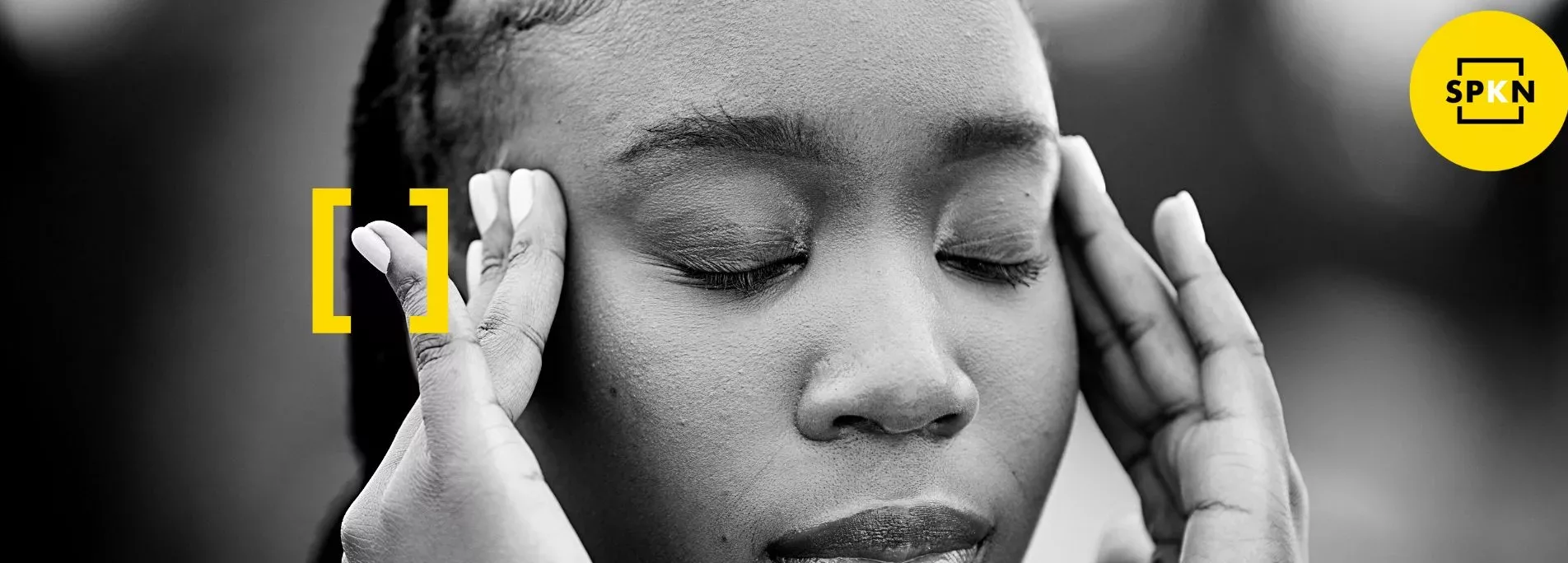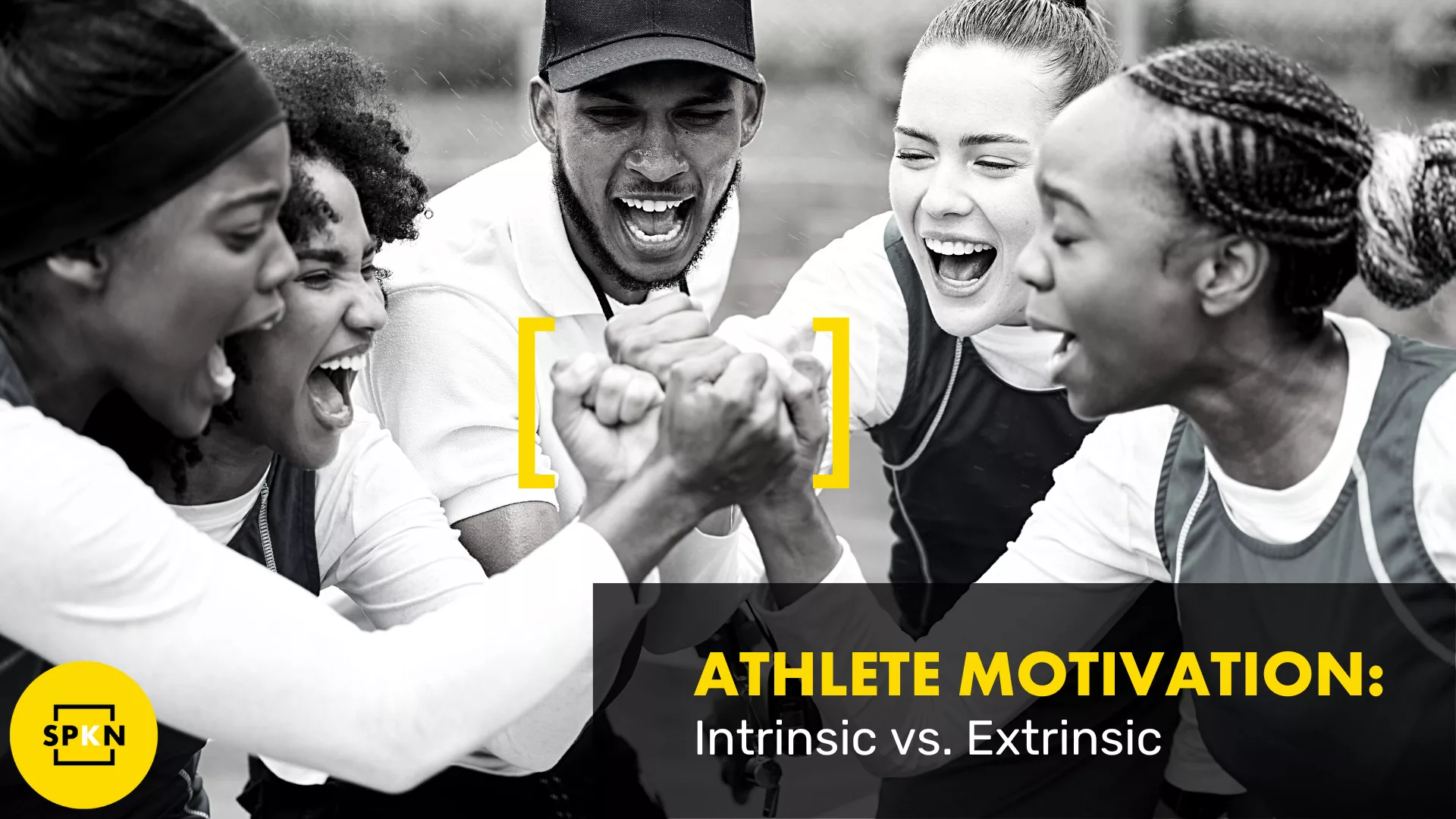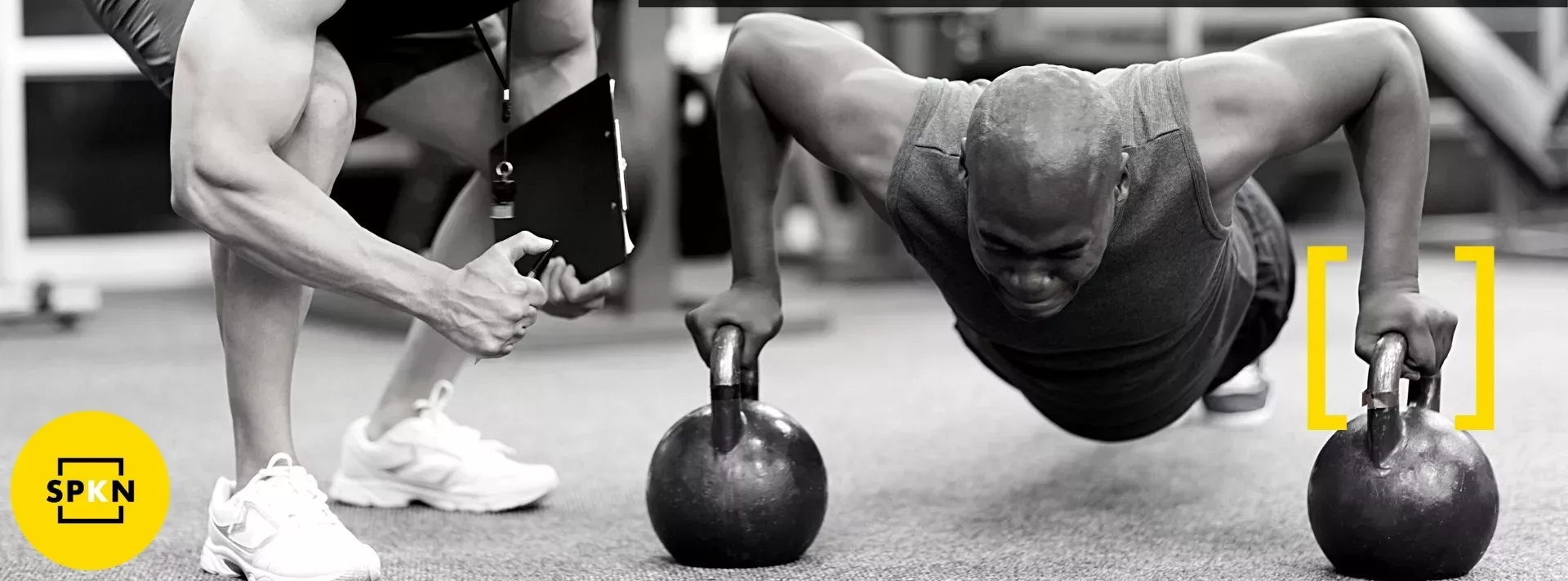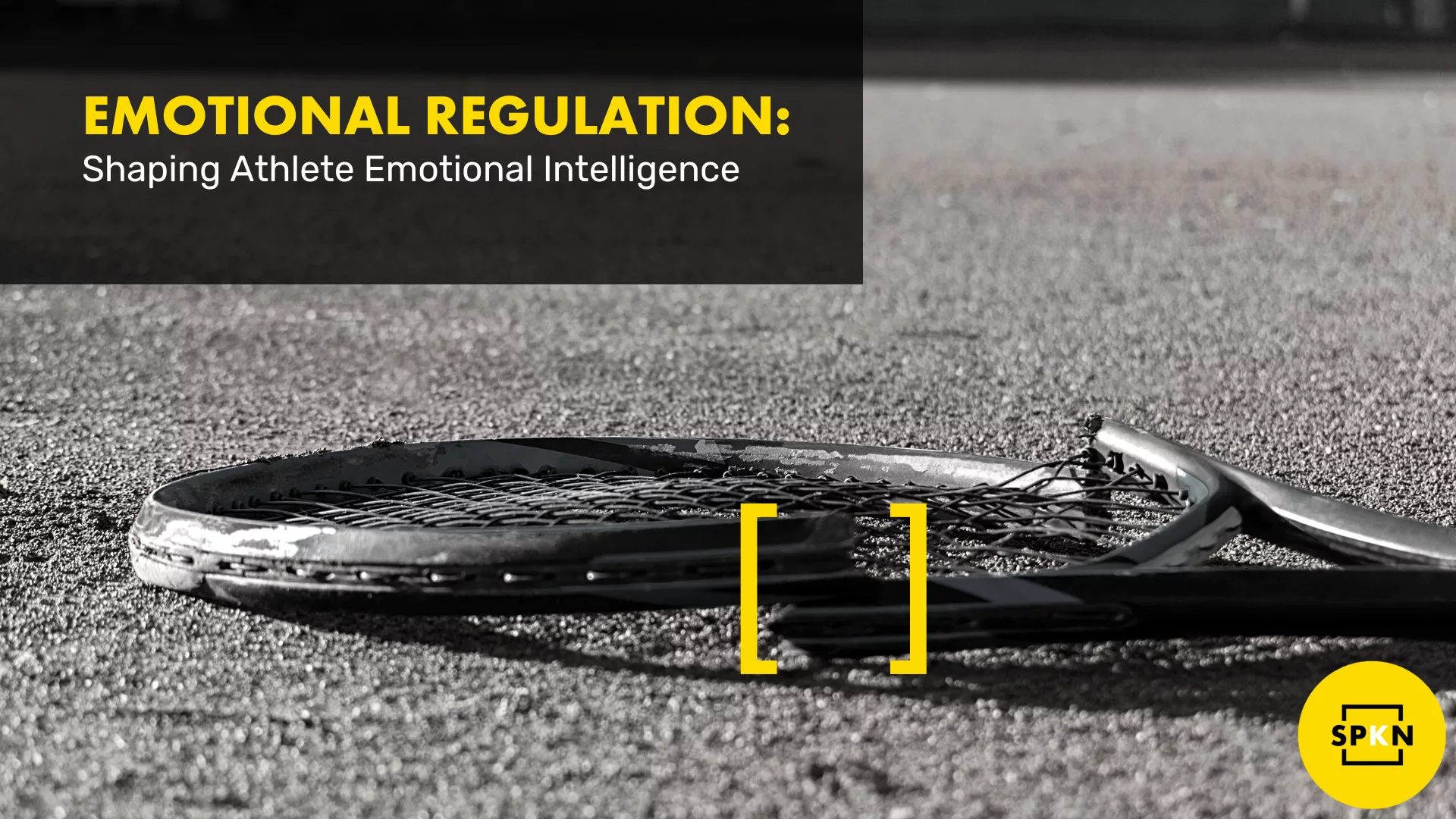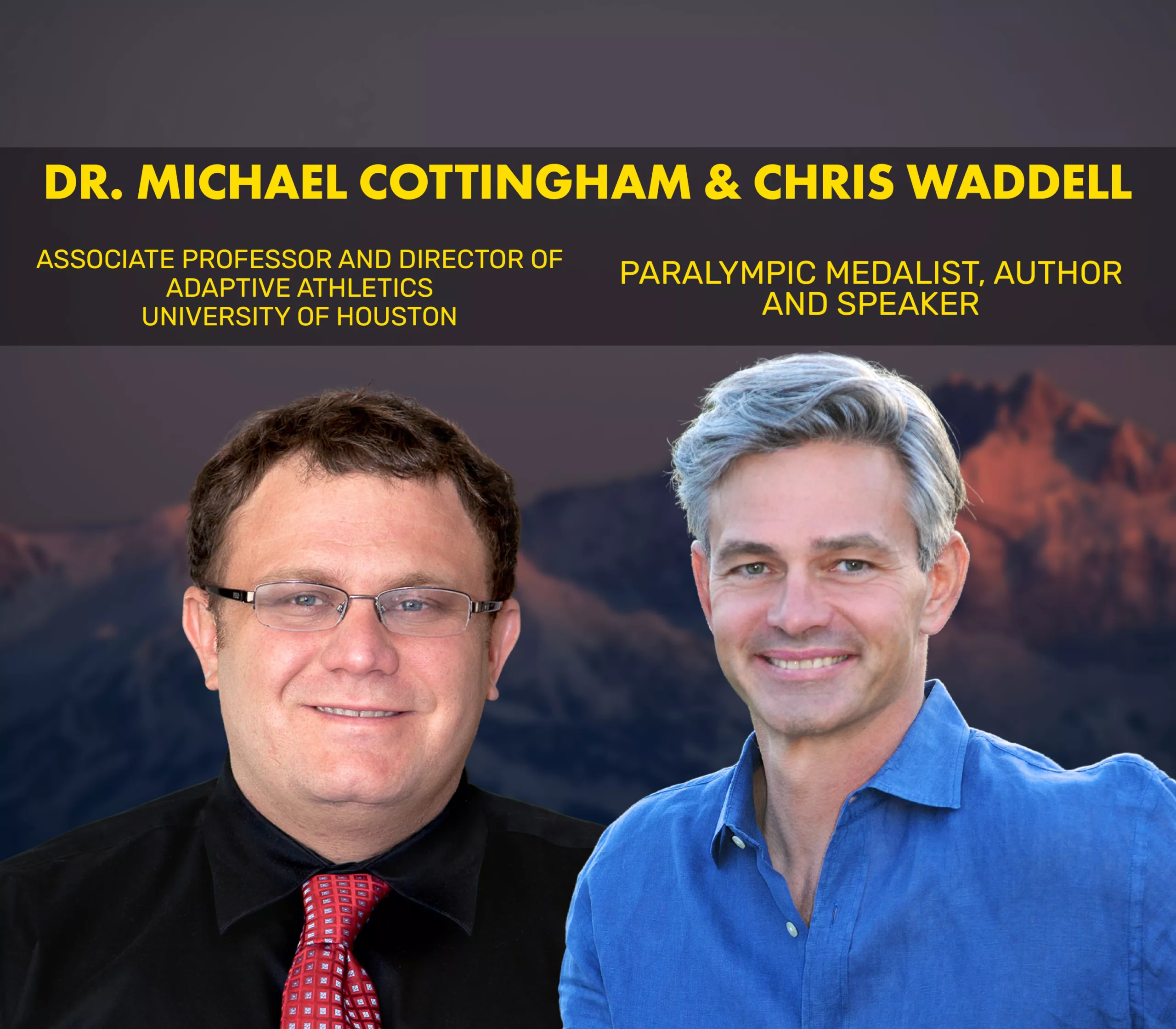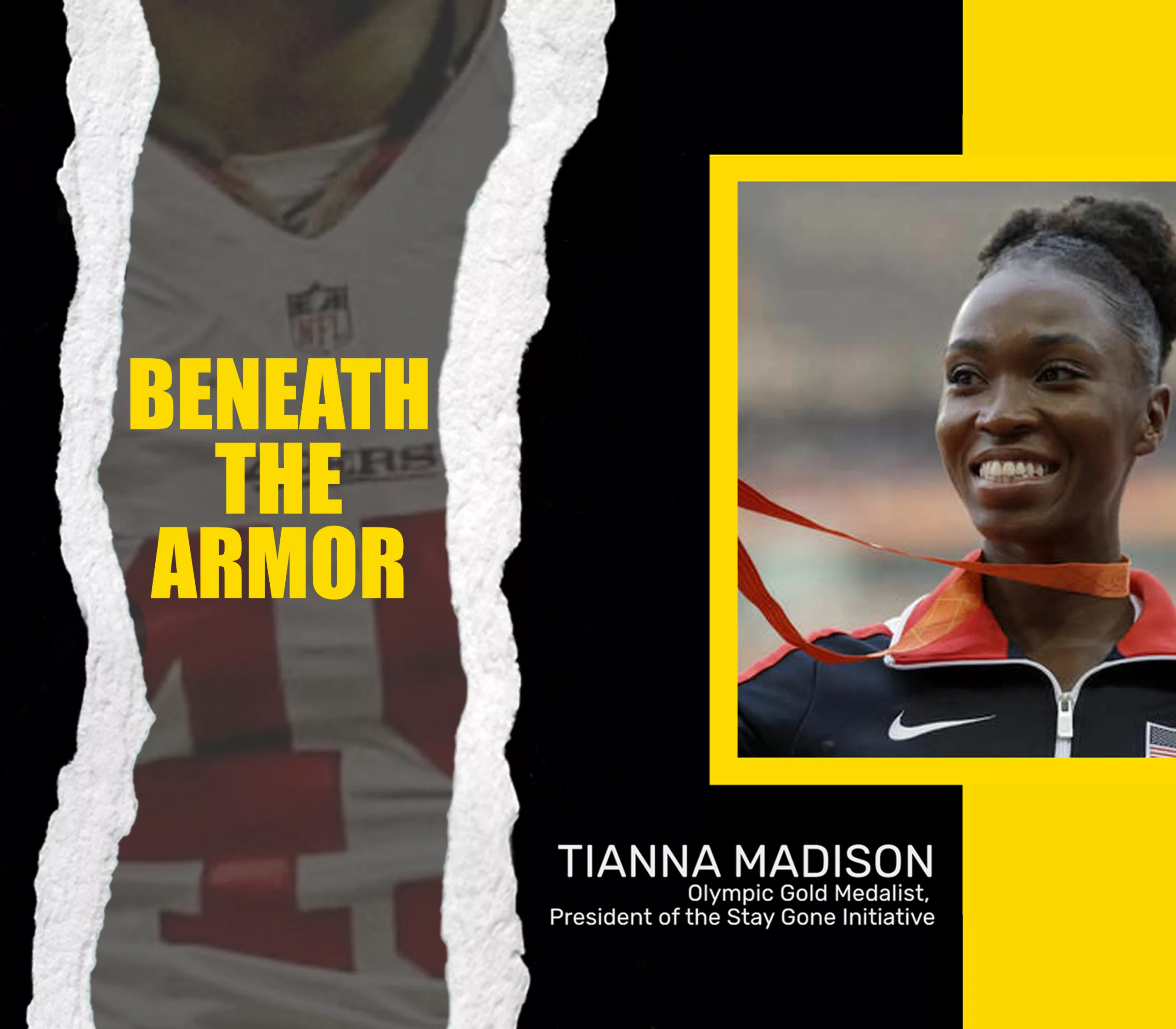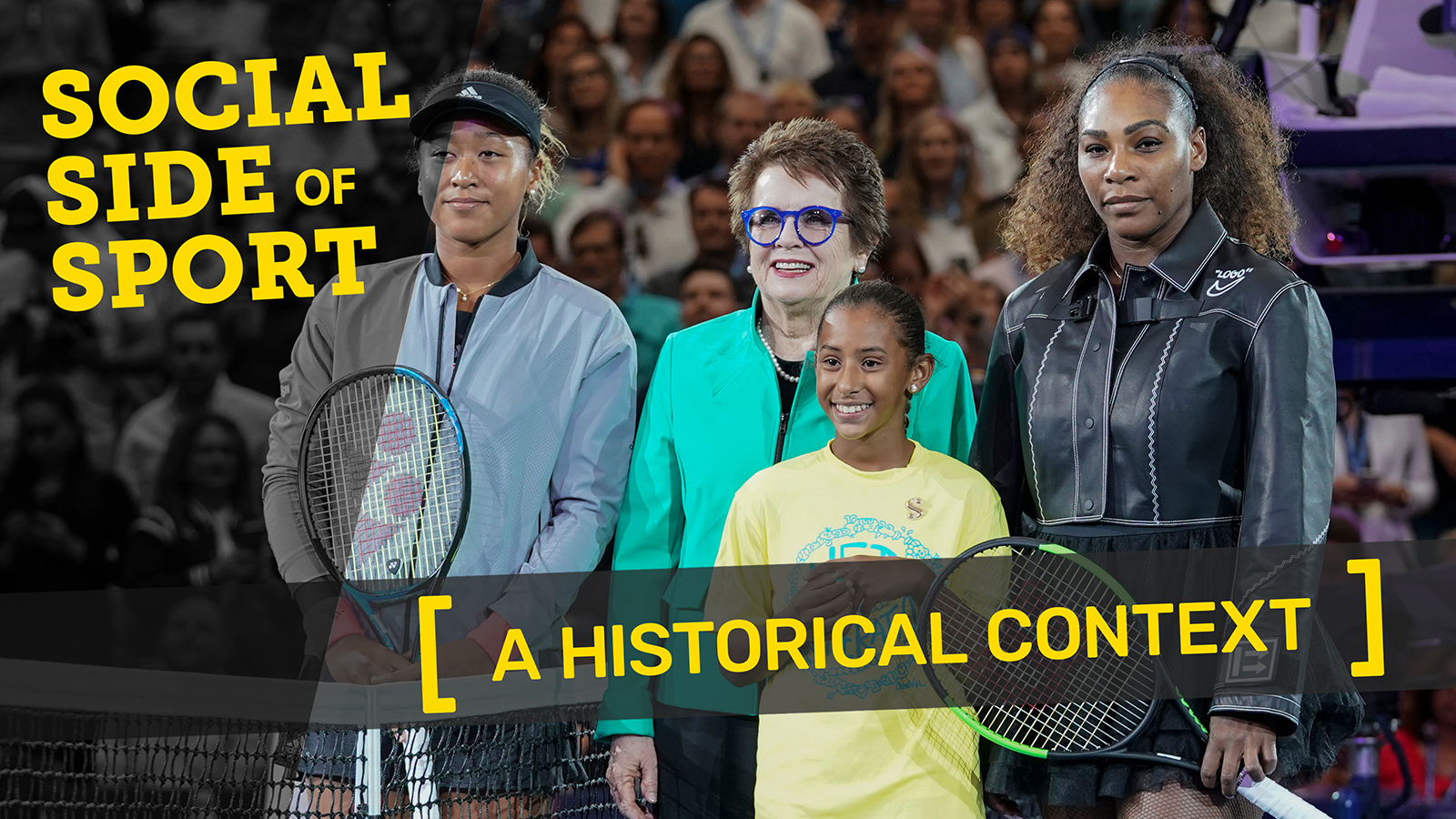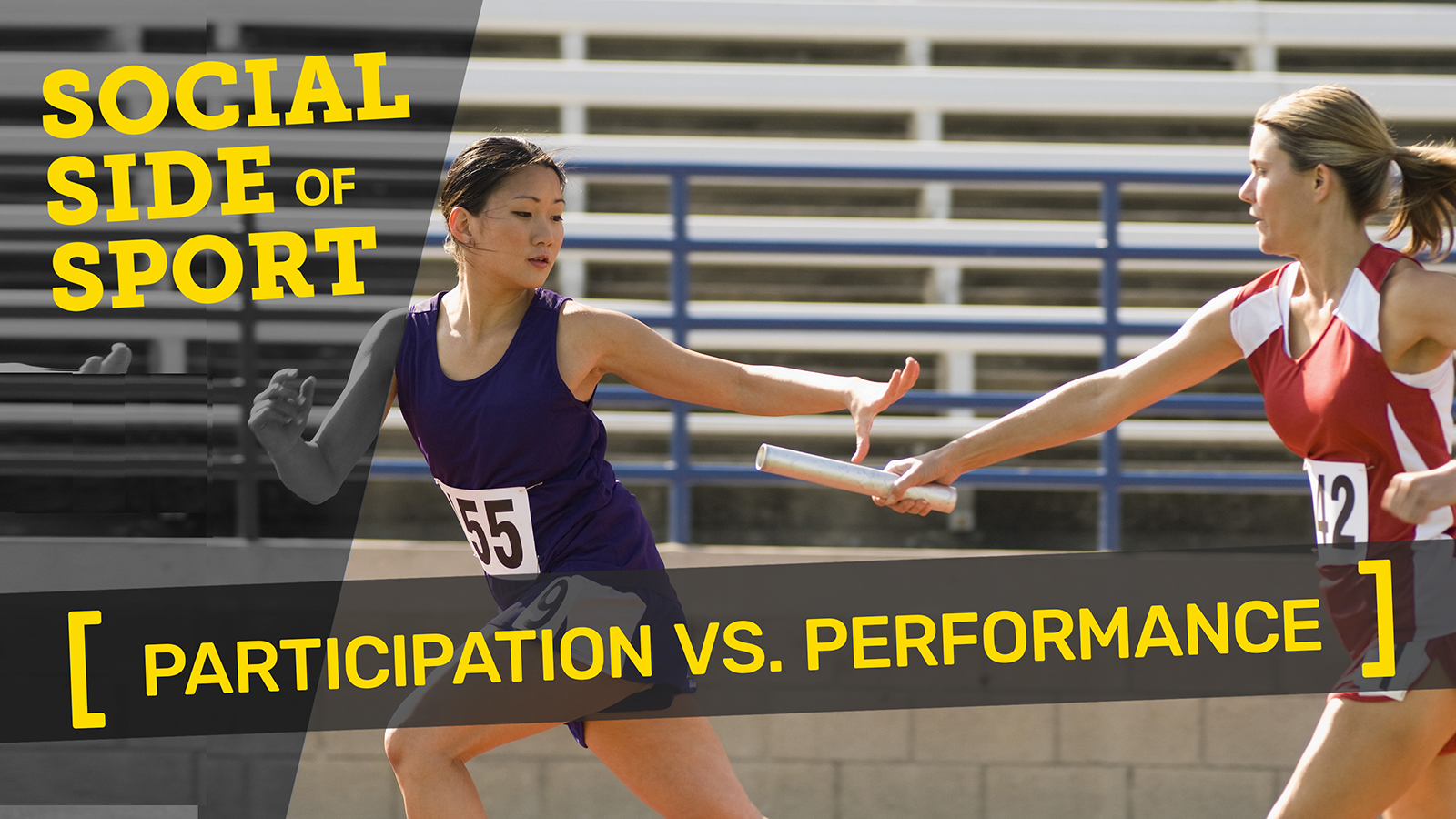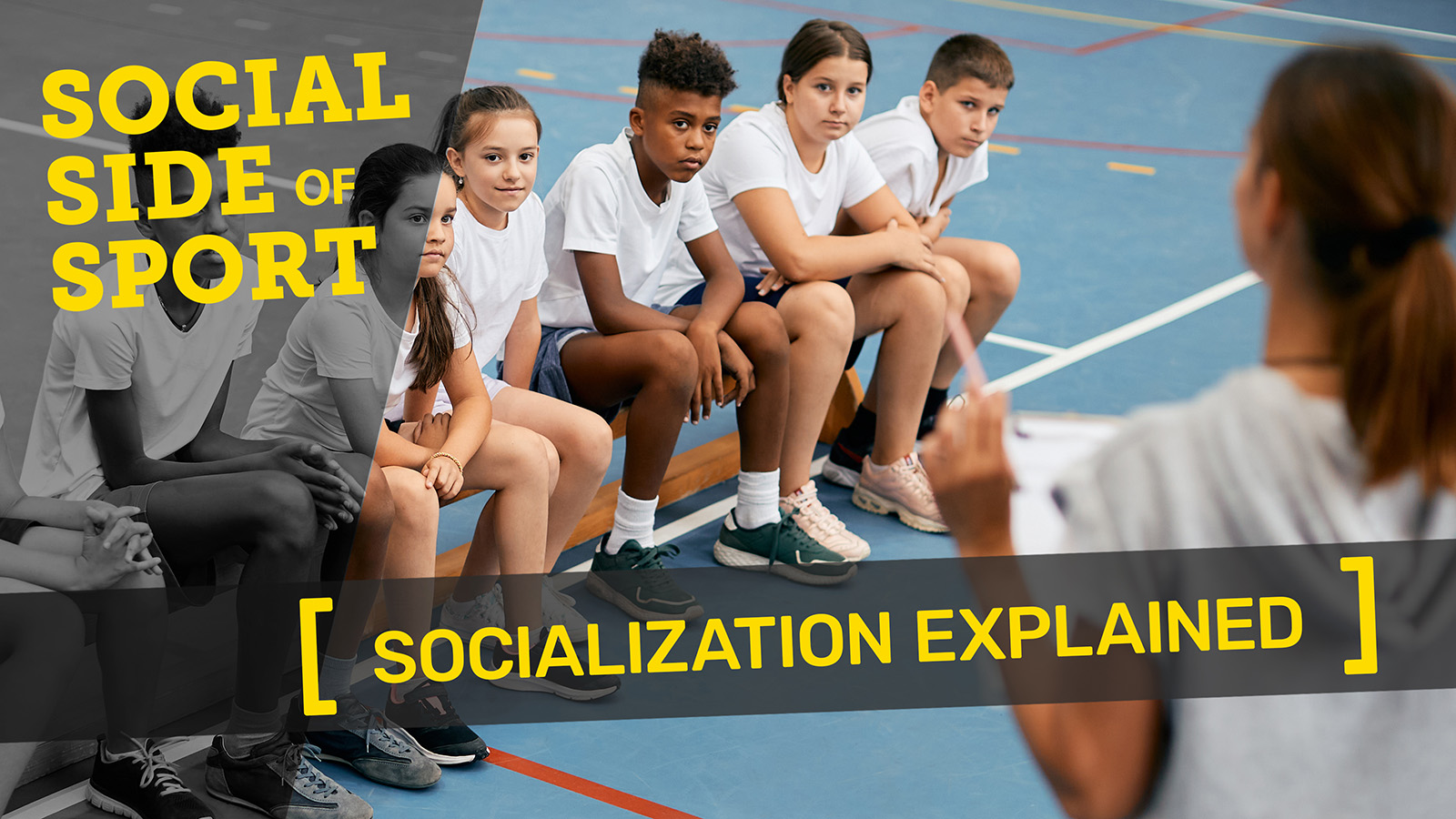In the realm of sports psychology, understanding the intricate relationship between identity, well-being, and performance is crucial. Eudaimonic identity theory offers a unique perspective, emphasizing the pursuit of self-realization and flourishing. This theory suggests that individuals strive for authenticity and fulfillment through activities that align with their true selves. When applied to sports, it unveils a deeper understanding of how athletes can experience personal growth and express who they are through their sport.
Eudaimonic Identity Theory:
Eudaimonic identity theory, rooted in Aristotle’s concept of eudaimonia, posits that individuals seek to actualize their full potential and lead meaningful lives. Unlike hedonic pursuits focused solely on pleasure and happiness, eudaimonic well-being stems from engaging in activities that foster personal growth, virtue, and purpose. Central to this theory is the notion of identity exploration and commitment, wherein individuals discover and invest in pursuits that resonate with their core values and aspirations.
Feelings of Personal Expressiveness:
Personal expressiveness refers to the degree to which individuals feel authentic, genuine, and true to themselves in their actions and behaviors. It encompasses the freedom to express one’s unique identity, values, and emotions without inhibition or conformity. In sports, feelings of personal expressiveness can manifest both on and off the field and are often associated with a deep sense of engagement and fulfillment.
Application in Sports:
The application of eudaimonic identity theory and personal expressiveness in sports offers valuable insights into athlete development, performance enhancement, and overall well-being.
- Self-Discovery and Authenticity: Athletes whose sports participation aligns with their true selves are more likely to experience a sense of authenticity and fulfillment. Through self-discovery and exploration, they identify sports that resonate with their values, strengths, and passions. This alignment can foster a deeper connection to their athletic pursuits, potentially leading to greater motivation and satisfaction.
- Performance Enhancement: Feelings of personal expressiveness are associated with peak experiences which can have a positive benefit on performance. Personal expressiveness allows athletes to tap into their creativity, intuition, and unique abilities, enhancing their competitive edge. Moreover, the genuine passion and joy derived from being authentic in their sport can fuel intrinsic motivation and resilience during challenging times, contributing to sustained performance excellence.
- Well-being: Engaging in sports that facilitate personal expressiveness promotes well-being among athletes. The freedom to express one’s authentic self has the potential to foster a sense of empowerment, autonomy, and positive self-regard. Athletes who feel genuinely connected to their sport are likely to experience lower levels of stress, anxiety, and burnout, leading to greater overall mental health and resilience in the face of adversity.
- Cultivating a Supportive Environment: Coaches, teammates, and sports organizations can play a vital role in nurturing personal expressiveness among athletes. Creating a supportive environment that encourages authenticity, diversity of experience, and individuality fosters a culture of inclusion and belonging. When athletes feel accepted and valued for who they are, they are more likely to thrive both personally and athletically.
Eudaimonic identity theory and personal expressiveness offer a powerful framework for understanding the interplay between identity, well-being, and performance in sports. By fostering environments that promote self-discovery, authenticity, and well-being, sports organizations can empower athletes to reach their full potential and experience profound fulfillment in their athletic pursuits. Embracing personal expressiveness not only enhances performance but also enriches the holistic development and flourishing of athletes both on and off the field.
Related Resources:
Coatsworth, J. D., Sharp, E. H., Palen, L.-A., Darling, N., Cumsille, P., & Marta, E. (2005). Exploring adolescent self-defining leisure activities and identity experiences across three countries. International Journal of Behavioral Development, 29(5), 361–370. https://doi.org/10.1080/01650250500166972
Vallerand, R. J. (2013). Passion and optimal functioning in society: A eudaimonic perspective. In A. S. Waterman (Ed.), The best within us: Positive psychology perspectives on eudaimonia (pp. 183–206). American Psychological Association. https://doi.org/10.1037/14092-010
Waterman, A. S. (1990). Personal expressiveness: Philosophical and psychological foundations. The Journal of Mind and Behavior, 11(1), 47–73.
Waterman, A. S. (1993a). Finding something to do or someone to be: A eudaimonist perspective on identity formation. In J. Kroger (Ed.), Discussions on ego identity (pp. 147–167). Lawrence Erlbaum.
Waterman, A. S. (1993b). Two conceptions of happiness: Contrasts of personal expressiveness (eudaimonia) and hedonic enjoyment. Journal of Personality and Social Psychology, 64(4), 678–691. https://doi.org/10.1037/0022-3514.64.4.678
Waterman, A. S. (2005). When effort is enjoyed: Two studies of intrinsic motivation for personally salient activities. Motivation and Emotion, 29(3), 165–188. https://doi.org/10.1007/s11031-005-9440-4
Waterman, A. S. (2011). Eudaimonic identity theory: Identity as self-discovery. In S. J. Schwartz, K. Luyckx, & V. L. Vignoles (Eds.), Handbook of identity theory and research (pp. 357–379). Springer Science + Business Media. https://doi.org/10.1007/978-1-4419-7988-9_16
Waterman, A. S., & Schwartz, S. J. (2013). Eudaimonic identity theory. In A. S. Waterman (Ed.), The best within us: Positive psychology perspectives on eudaimonia (pp. 99–118). American Psychological Association. https://doi.org/10.1037/14092-006





